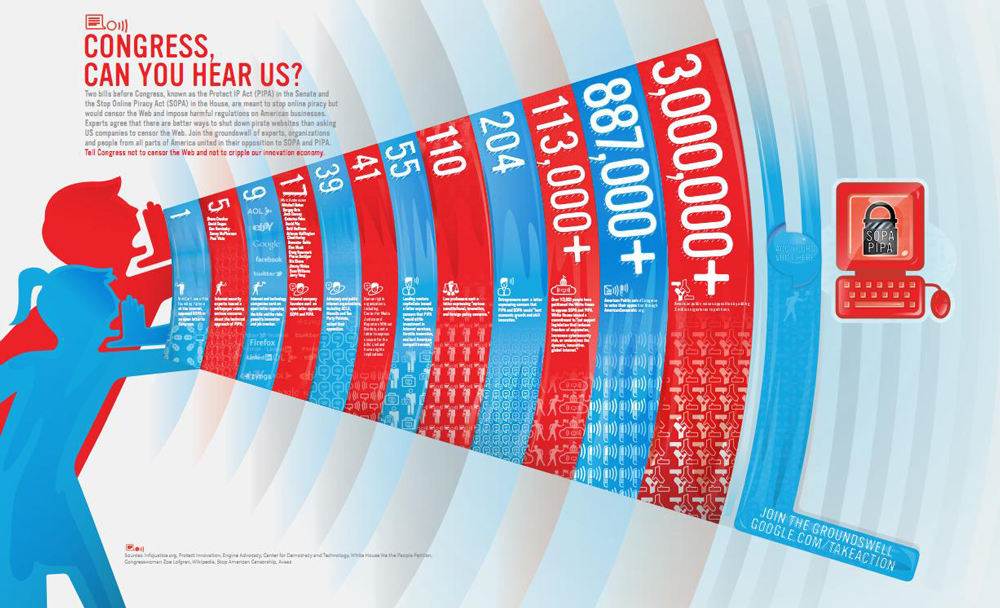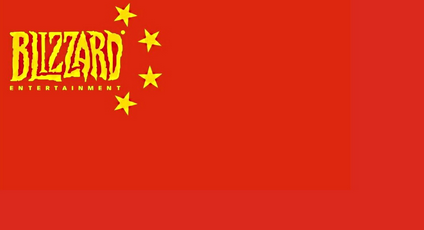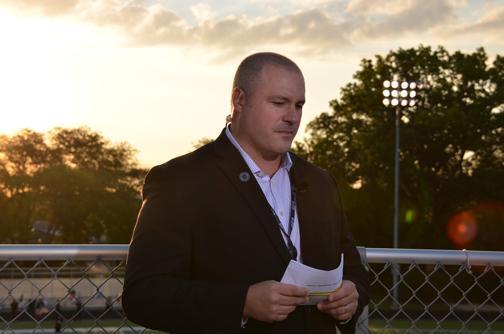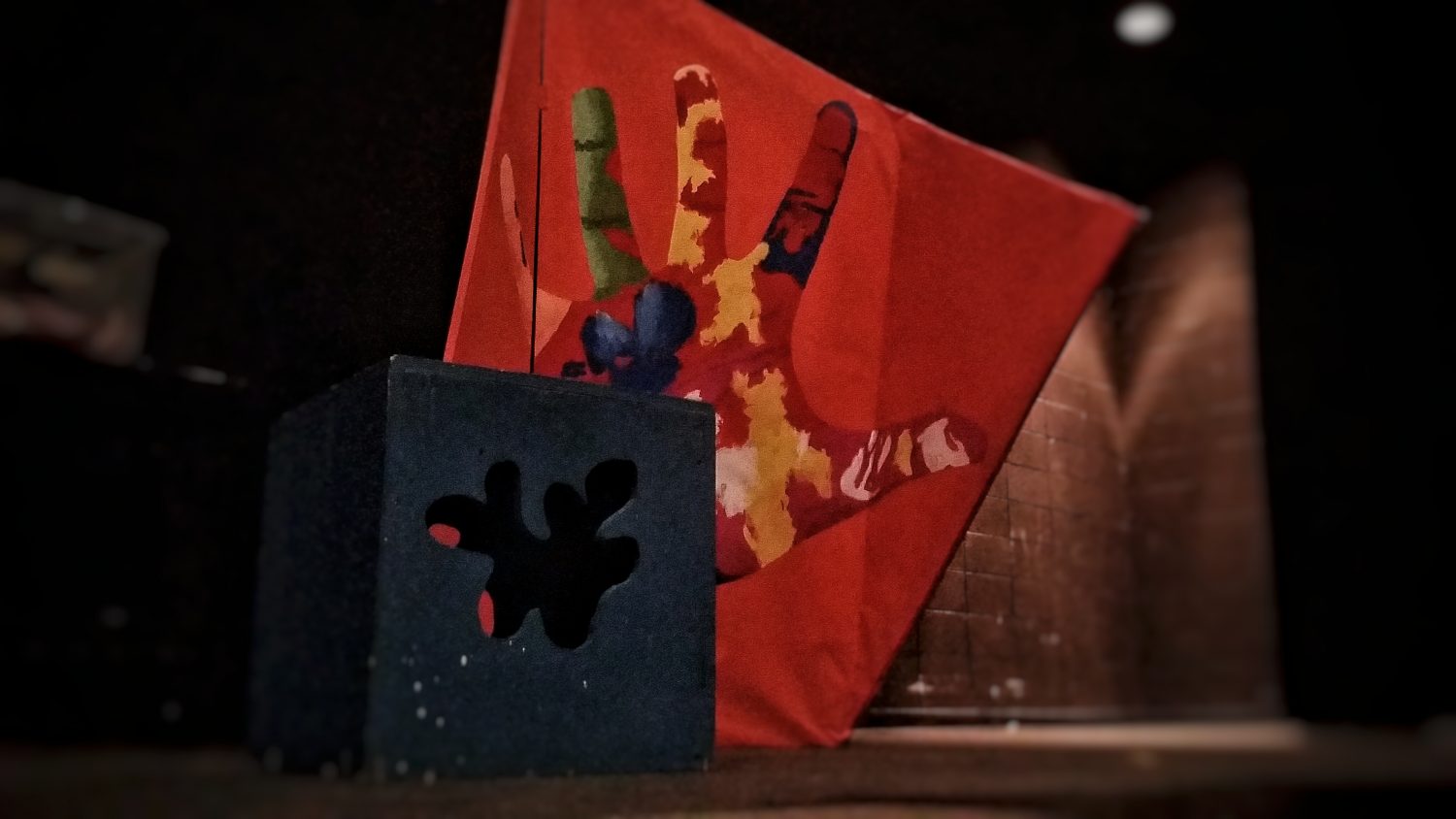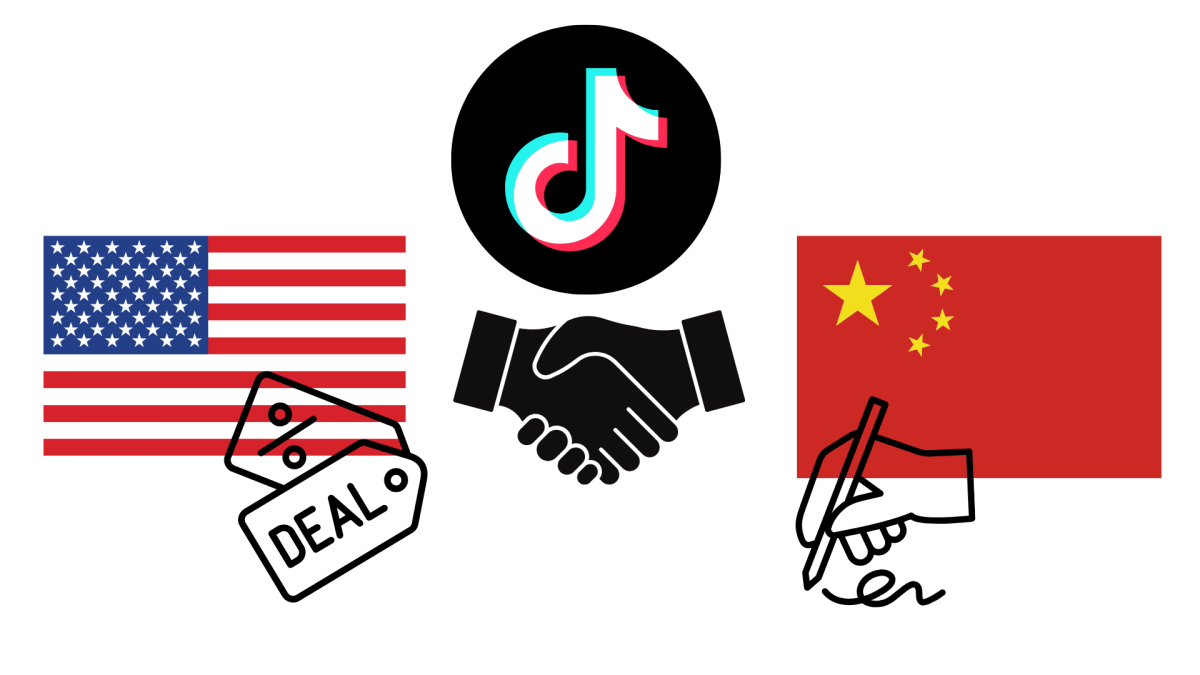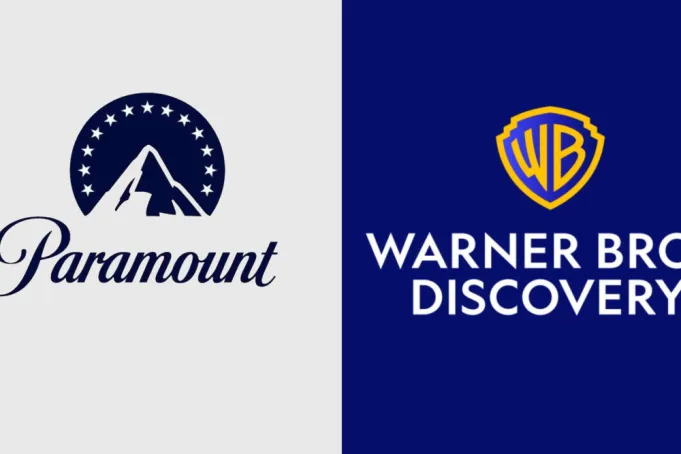A new bill introduced in Congress in early October of 2011 has finally come to the attention of the internet and been making headlines nationwide. The Stop Online Piracy Act (SOPA) and its twin, the PROTECT IP Act (PIPA), introduced in the House of Representatives and Senate which try to address the issue of copyright infringement and piracy on the internet.
SOPA, the more well-known of the two, would establish a set of laws that would effectively suspend or disable websites that have been found to contain content in violation of copyright laws. These sites, once identified by an ISP (Internet Service Provider) or other internet entity, could be reported for the violation and effectively shut down. A reported site would not only be blacklisted by internet service providers (making it unavailable to customers), but also be removed from search engine listings. Further legal action could be taken against sites which are found to be in violation of illegally streaming copyright content, with a penalty of up to five years in prison for 10 or more copyright infringements per six months.
The bill received a first hearing with the House Judiciary Committee on Nov. 16 and its twin act, the PIPA was discussed on Jan. 24 in the Senate. Currently, among all members of the Senate and House of Representatives, there are 80 supporters of the bills and 29 opponents.
The primary argument supporters of SOPA make is economically centered. With internet piracy expanding and becoming easier as download speeds become faster and the internet becomes too big to “police” through the limited measures available today, the entertainment industry is losing lots of money. In the long term, groups such as the MPAA (Motion Pictures Association of America) have claimed that the millions of jobs in their industry may be threatened by piracy. Well known supporters of the acts include the RIAA (Recording Industries Association of America), Viacom, Nike, L’Oreal, NBC, Pfizer and Ford. Domain registrar Go Daddy had also originally supported the bill, but after a wide scale protest of their services, they quickly changed their stance in response to shrinking profits.
As the bill is obviously volatile in nature, it has stirred up a large amount of opposition as well. For many opponents, the acts are reminiscent of the tightly controlled internet available in China and many other countries. The overwhelming power SOPA would give to ISPs and those holding power on the internet carries a Big Brother stigma that has many people concerned about the future of the internet. The primary concern lies in the fact that the suspensions of service would be allowed to occur with no conviction of criminal activity– once a report is filed, the site would be eligible to be suspended before actually convicted of copyright infringement.
As a result of this harsh policing proposal, companies such as Google, Yahoo!, Facebook, Twitter, AOL, LinkedIn, Wikimedia, eBay and Reddit have all publicly announced their opposition to SOPA, as it would likely make their sites or affiliates eligible for suspension. Many of these sites, along with the numerous protesters dedicated to killing the bill arranged an “internet blackout,” on Jan. 16, which made their sites temporarily unavailable to emphasize the impact SOPA could have if their sites were shut down.
Other opponents have keenly brought up one shockingly hypocritical point – Lamar Smith, a representative from Texas, who originally proposed SOPA actually violates copyright laws on his own site, where he uses a background image that has no credit given and whose creator never gave Smith the rights to the image.


